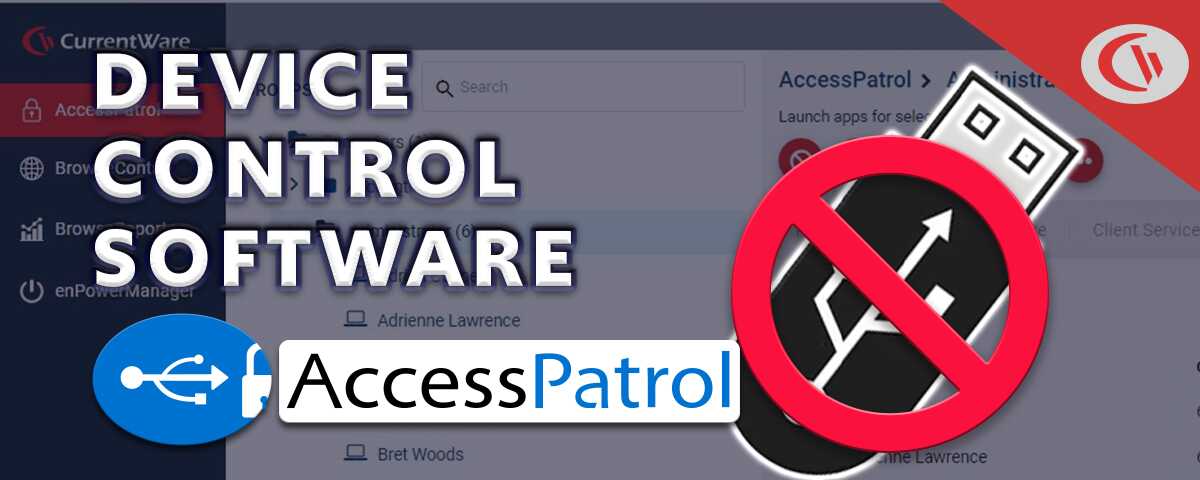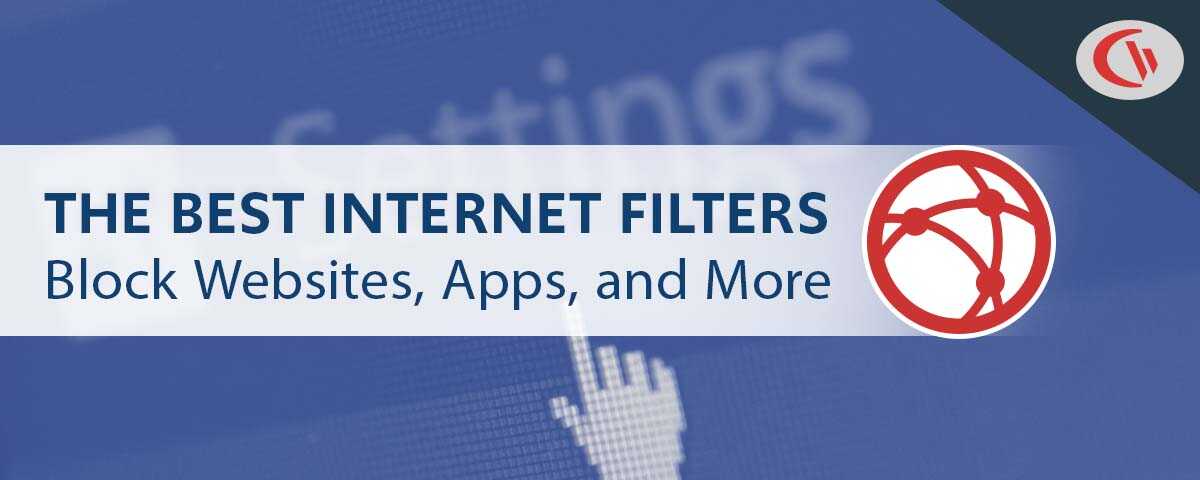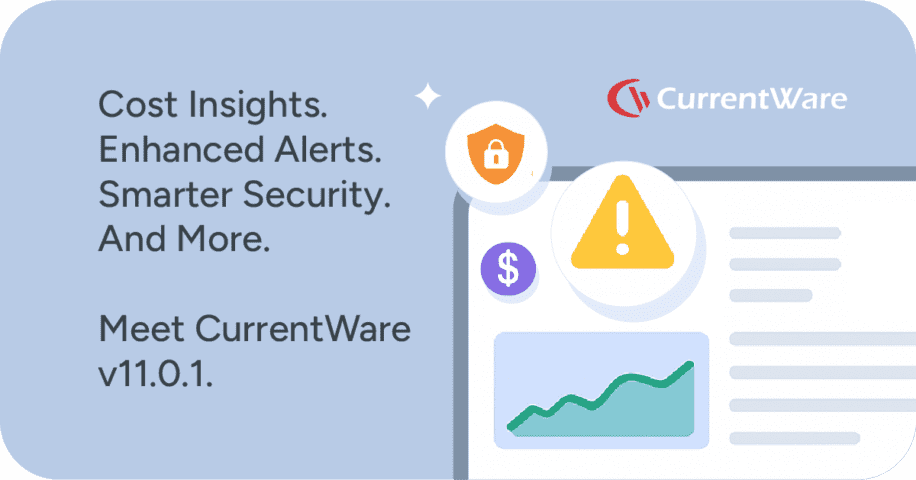Windows USB Blocker: Software to Track and Block USB Ports on Windows XP

Does your business rely on legacy operating systems such as Windows XP, Windows 7, and Windows 8/8.1? If so, you simply cannot afford to forgo locking these computers down as much as possible!
Windows XP reached end-of-life status in 2014. This means Microsoft no longer provides security updates for the operating system, making it highly vulnerable to cyberattacks. In fact, it has been shown that simply connecting a legacy OS such as Windows XP to the internet is all it takes to have the system compromised by a threat actor.
Unfortunately, many organizations rely on legacy software and systems as part of their core processes.
When it’s not operationally feasible to upgrade legacy systems to versions of Windows that are still supported, locking down these systems as much as possible is essential to reduce their attack surface.
To help you protect legacy systems against the dangers of USB devices, CurrentWare now offers a dedicated version of its USB blocker AccessPatrol for Windows XP. This allows you to easily monitor and block USB ports on Windows XP.
With AccessPatrol USB port blocker for Windows XP you can create an “allowed list” of authorized USB devices, grant different access levels (read-only, full access, or no access), and get insights into file transfers to portable storage devices.
Note: The entire CurrentWare Suite fully supports Windows 7 and Windows 8/8.1 using the standard installer; organizations with systems running Windows XP need to reach out to Currentware’s sales team for a dedicated AccessPatrol installer for Windows XP. For the most up-to-date information, please see CurrentWare’s system requirements.
Case Study
Viking Yachts Stops an Employee From Stealing Their Intellectual Property
As Viking Yachts grew, their network administrator Vincent Pecoreno was responsible for supporting over 530 users and 1500 devices across multiple geographic locations, making visibility a challenge without the right tools in place.
Once equipped with CurrentWare’s user activity monitoring and data loss prevention solutions, Viking Yachts had the insights they needed to protect their sensitive data.
Read their case study to learn more about how Vincent used CurrentWare to detect a data theft attempt from a soon-to-be-ex-employee.
What Features Are Available in CurrentWare’s USB Lock Software for Windows XP
Note: This section specifically highlights the USB control features available in the Windows XP version of AccessPatrol. Systems running Windows 7 and Windows 8/8.1 can leverage the full capabilities of the CurrentWare Suite, including web filtering, user activity monitoring, tracking file transfers to cloud storage, and much more!
About the CurrentWare Suite
The CurrentWare Suite is a centrally-managed solution for data loss prevention, employee productivity tracking, web filtering, and user activity monitoring that gives you advanced control and visibility over technology use in your organization
CurrentWare is designed to work seamlessly with a wide range of computers running Windows operating systems, including both 32-bit and 64-bit platforms. The central Web Console offers exceptional versatility, as it can be accessed from any browser and any operating system within your network to easily manage administrative settings.
- Improve Productivity
Track unproductive web browsing and idle time to detect time-wasting - Protect Your Endpoints
Prevent access to websites based on URL, content category, or IP address - Prevent Data Theft
Monitor and restrict USB devices to protect sensitive data against theft
The Importance of Protecting Legacy Systems
Legacy systems can be a double-edged sword. They keep vital operations that rely on legacy software running smoothly, but they are far more vulnerable targets for cyberattacks.
Protecting legacy systems and addressing related legacy system pain points might require extra effort. Still, it’s a necessary investment to safeguard your organization’s data, operations, and reputation in today’s ever-evolving threat landscape.
Many software providers refuse to support any OS that reaches EOL status, leaving a critical security gap in the mission to protect legacy systems. CurrentWare will work with your team to provide versions of AccessPatrol USB security software for use on legacy Windows platforms such as Windows XP and Windows 7.
Here’s why protecting legacy systems is crucial:
- Security Risks: Legacy systems often lack the security features built into modern software. They might not receive regular updates or patches, leaving them exposed to known vulnerabilities that hackers can exploit to gain access to sensitive data or disrupt critical operations.
- Compliance Issues: Regulations in various industries mandate specific data security standards. Outdated systems might not meet these standards, putting organizations at risk of hefty fines and reputational damage.
- Gateway to Modern Systems: A single compromised legacy system can act as a backdoor for attackers to infiltrate your entire network, jeopardizing the security of even your most modern systems.
- Data Breaches: Legacy systems may hold a wealth of valuable data or serve as a gateway into the networks that do – customer information, financial records, intellectual property, and more are at risk. A data breach can have devastating consequences, leading to financial losses, identity theft, and eroded customer trust.
- Operational Disruptions: Cyberattacks on legacy systems can cripple core functionalities, grinding operations to a halt. This can cause significant financial losses and damage an organization’s reputation.
While replacing legacy systems entirely might be ideal, it’s not always feasible due to budget constraints, data migration complexities, or critical legacy software that is no longer maintained.
Here’s where a focus on protection comes in:
- USB Access Control: Implementing strong USB access controls restricts who can transfer data to and from legacy systems via removable media devices. This minimizes the potential for insider threats to introduce malware to air-gapped systems or steal sensitive data.
- Security Monitoring: Continuously monitoring legacy systems for suspicious activity such as attempts to transfer sensitive data to removable media helps identify potential attacks early on, allowing for a swift response.
- Patch Management: Regularly applying security patches to legacy systems, even if they’re no longer officially supported, helps plug security holes and minimize vulnerabilities.
- Network Segmentation: Isolating legacy systems on a separate network segment can limit the damage if they are compromised, preventing attackers from easily accessing other parts of your network.
Why Do Companies Still Use Windows XP & Other Legacy Operating Systems?
There are a couple of reasons why companies might still be clinging to legacy operating systems like Windows XP:
- Cost: Replacing a whole system is expensive. It’s not just buying new software licenses, but also new hardware that may be compatible, and the cost of retraining employees on entirely new software. For a business that’s already running smoothly on an older system, the cost of upgrading might not seem justified.
- Reliability: Legacy systems are often well-understood by the company’s IT staff. They know how to fix them when they break, and they know how to work around any limitations. Upgrading to a new system can be risky, and there’s always the chance that something will go wrong during the migration process, disrupting critical business operations.
- Compatibility: Some businesses rely on custom software that was designed specifically for the legacy operating system. There may not be a modern equivalent available, and rewriting the software from scratch can be a huge undertaking.
While there can be reasons to stick with a legacy system, it’s important to weigh the risks against the benefits. Legacy systems are often more vulnerable to security breaches, and they may not be compatible with newer technologies. In the long run, the cost of upgrading may be outweighed by the cost of a security breach or the lost productivity from using outdated technology.
Conclusion
Ready to lockdown USB ports on Windows XP and other Windows-based systems? Reach out to the CurrentWare team today to learn more about our security and productivity software and get access to AccessPatrol USB blocker for Windows XP.


